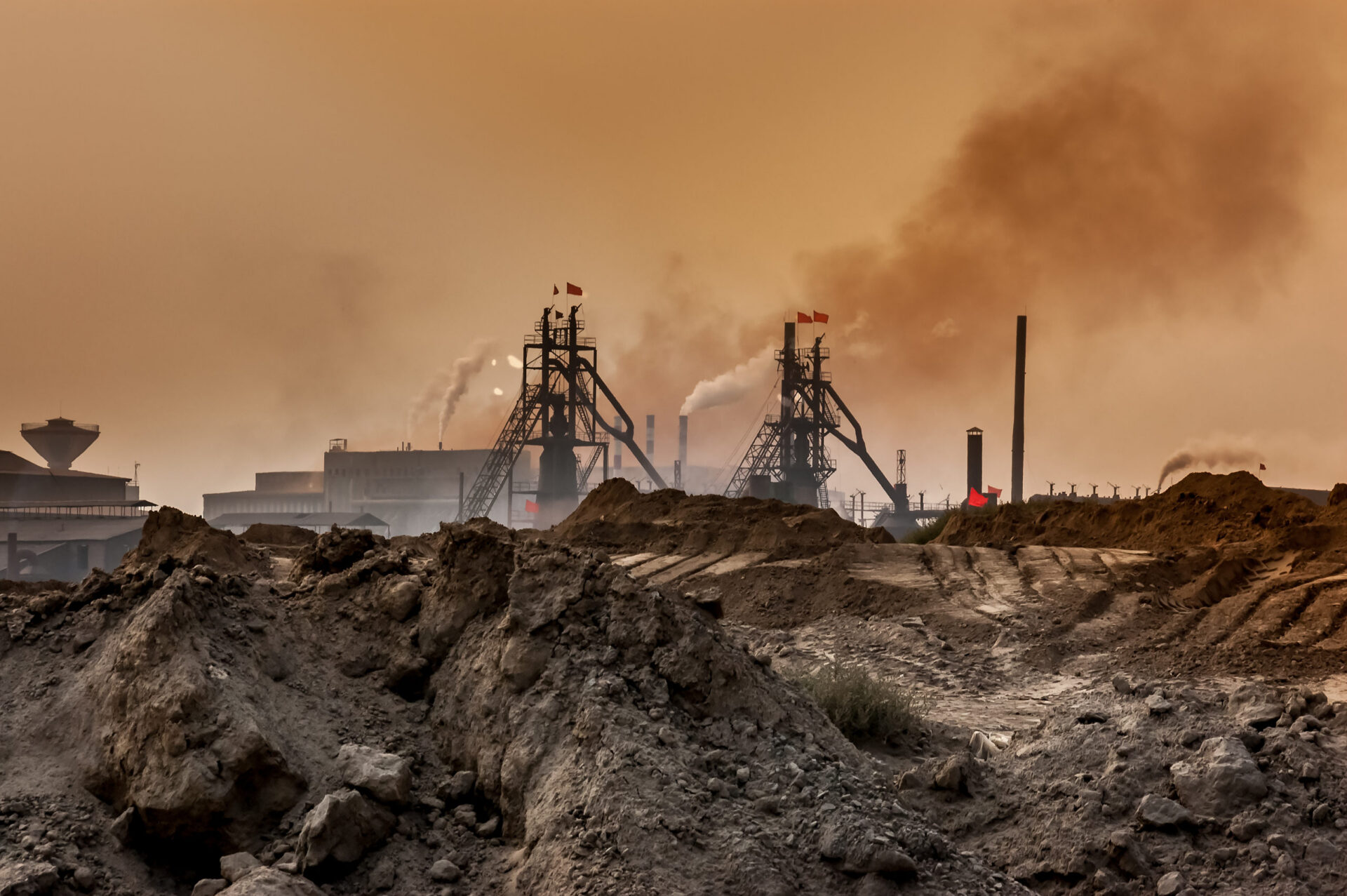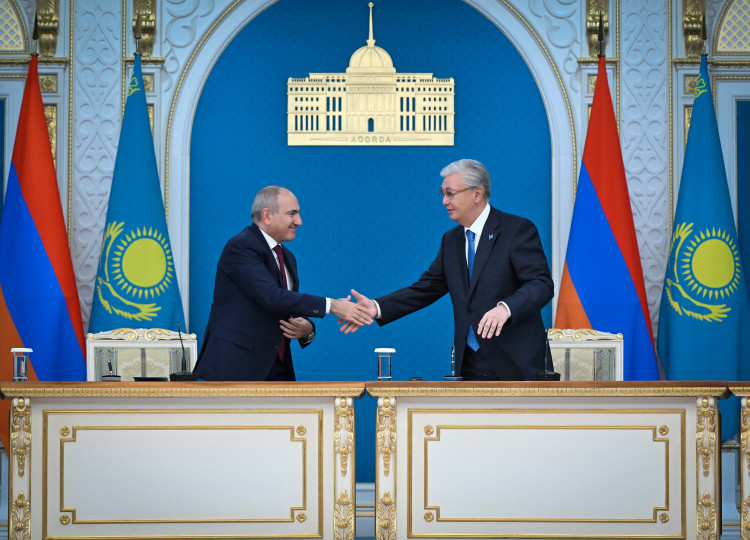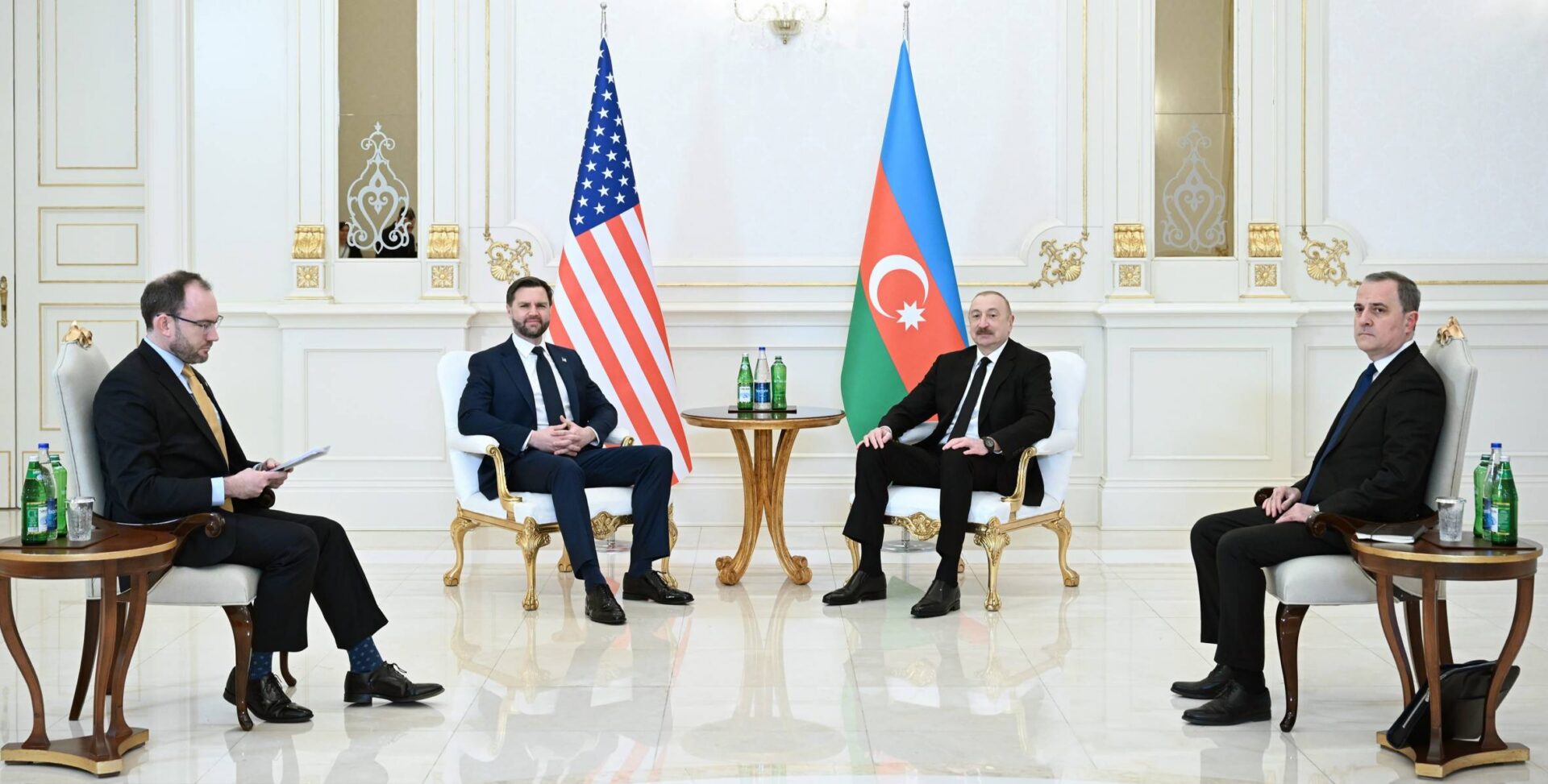
Russia Faces Serious Problems in Helping China Corner Rare Earth Mineral Market
Russia Faces Serious Problems in Helping China Corner Rare Earth Mineral Market
Moscow very much hopes to strengthen both itself and its alliance with Beijing by helping China corner the rare earths market in response to American plans for a blockade of Chinese technology producers. Russia could do so by providing supplies of these critical minerals to China and by blocking other countries, such as Mongolia, from shipping them to anywhere but China. Yet, while Beijing would be pleased by such a development, Russia, which in Soviet times was a world leader in rare earth metal production, faces serious difficulties in doing so. The loss of Moscow’s control over rare earth mines in former Soviet republics; the privatization of mining in Russia itself, which in turn has led to a falloff in rare earth extraction given the lack of domestic demand; and the failure of Russian firms mining other minerals to recover rare earths in the process have led to a collapse in Russian production. In 2022, President Vladimir Putin began a series of moves to change the situation; and he may even have planned his attack on Ukraine with an eye to accessing rare earth minerals (Window on Eurasia, February 26, 2022). But now, while some brave words are coming out of Moscow, Russian production has not increased in the ways Putin hoped, and Russia has less to offer its Chinese ally than either country expected.
The potential for a good fit between Russia and China in this sector is enormous, something that explains why both countries are interested in working together. Some Russian commentators are now even speaking of rare earths as a “joint weapon” for China and Russia against the West (Fondsk.ru, April 21). Others insist that, at present, rare earths are becoming “more important than oil” as a geo-economic and geopolitical weapon for the two Eurasian giants (Nezavisimaya gazeta, April 26). And still others, such as Russian military commentator Alexey Leonkov, are even declaring that Moscow and Beijing can “strip” the West of its rare earth resources and leave it incapable of producing modern weapons. “China has already taken a step in that direction,” and Russia can help by cooperating closely with Beijing on this point, Leonkov argued last week on Russian state television (Altview.ru, accessed April 27).
At first glance, some compelling reasons appear to support such assessments. But a closer examination suggests otherwise. On the one hand, China has the largest proven reserves of rare earth minerals and, as recently as 2010, it produced 98 percent of all mined rare earth minerals. That figure fell over the past decade to 58 percent as other countries sought to develop their reserves or found ways to produce high-tech products without rare earth minerals. At the same time, China dramatically increased its imports of rare earth minerals because of their central role in electronics and weapons production. Indeed, Beijing’s insatiable demand for rare earths lies behind Chinese efforts to take control of mines in Angola and elsewhere (see China Brief, February 29, 2008; Nur.kz, April 5). And now China finds itself in a position where Western countries are seeking to limit Beijing’s dominance through sanctions, especially given Chinese tax and investment policies in this sector. Indeed, some industry experts see Chinese dominance in this area as being very much at risk (Treo.substack.com, February 6, 2022; Elitetrader.ru, April 17).
On the other hand, Russia has the second-largest proven reserves of rare earths, but its production lags significantly behind—with its mines producing only 2 percent of the world’s supply of rare earths (Nezavisimaya gazeta, April 26). If Russia could boost production and if it can block countries such as Mongolia from exporting to anyone but China, Moscow would be a much more valuable partner for Beijing. Three main reasons, however, underline why achieving that goal is unlikely anytime soon. First, after the demise of the Soviet Union, not only did Russia lose control of many rare earth mines in the former union republics, but also its privatized industry shifted away from rare earths to oil and gas largely because Russia’s domestic industry did not use rare earths and it was easier and more profitable to produce oil, gas and coal. Second, Russia’s private mining firms treated rare earths as wasteful byproducts of their basic production and failed to recover them in the ways that producers in China and other countries have. And third, almost all of Russia’s rare earth reserves are in inaccessible parts of the country that are difficult or extremely expensive to develop (Burneft.ru, April 19; Nezavisimaya gazeta, April 26).
Putin has been seeking to change this pattern for at least two years. He certainly played a role in directing Russian forces to seize a titanium mine in eastern Ukraine in the spring of 2022, undoubtedly concerned that Western sanctions would further restrict Russia’s access to that rare earth mineral. Then in June 2022, he directed the Russian government to reverse post-Soviet policies and develop programs both to mine more rare earths and process them (TASS, June 29, 2022; The Barents Observer, October 28, 2022). Two months later, for the first time since 1997, Moscow released an updated list of strategic minerals, including rare earths, and made their development a state priority, indicating that the Kremlin anticipated some form of renationalization to ensure that happened (Nezavisimaya gazeta, April 26).
More recently, conferences about rare earths have been held at the industry level and at the Russian Academy of Sciences, where speakers declared the development of rare earths a matter of national security and outlined plans to radically expand rare earth production and use in Russia (Metalresearch.ru, accessed April 27). These meetings in turn have been followed by announcements that Moscow will soon open new contracts to companies to develop the rare earth sector—albeit, in almost every case, the government has said that it does not expect the impact of these changes to be felt until the next decade given that any development in mining will have to wait before domestic production takes off (Nezavisimaya gazeta, April 26).
China will certainly welcome Russia’s intentions, but it is unlikely to be pleased that Moscow is not moving more quickly. If Beijing is displeased, that could spark new tensions in the Russian-Chinese relationship, or even lead Beijing to propose having Chinese firms take the lead in developing Russian rare earth mines. Beijing has not said anything publicly about that possibility, but it is not as far-fetched as it might seem. (Compare with EDM, March 9.) Were that to happen, it would change calculations not only in Moscow and Beijing but also in Western capitals concerned about the future control of critical rare earth minerals.


